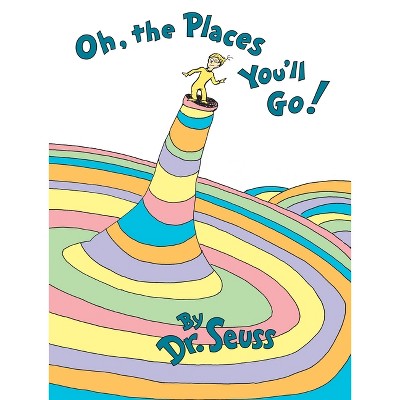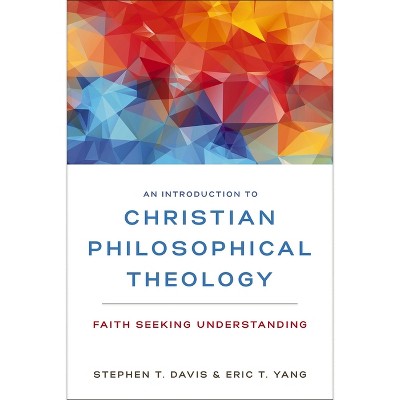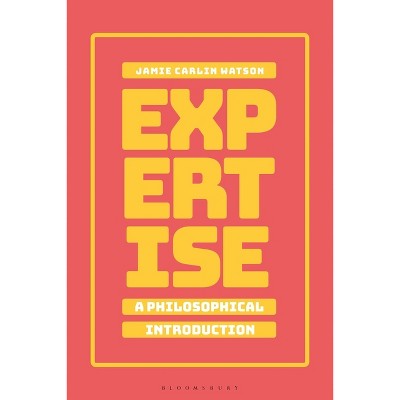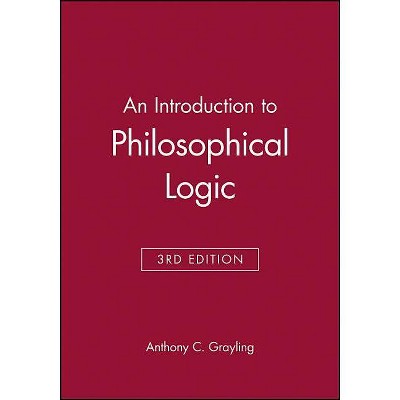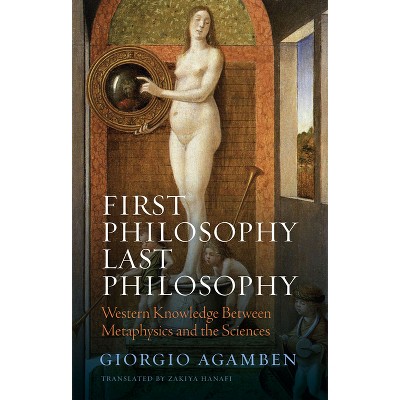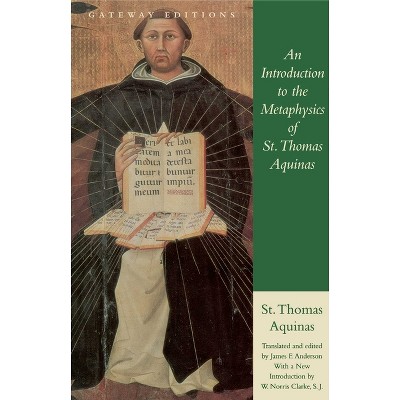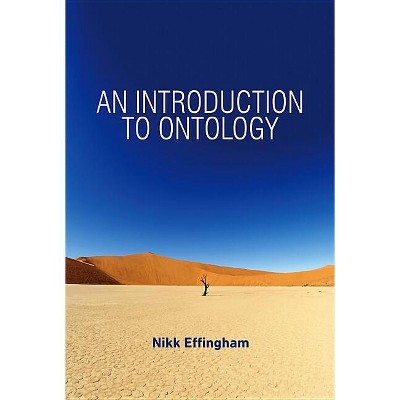About this item
Highlights
- Parthood and composition are everywhere.
- About the Author: Giorgio Lando is a Junior Professor at the University of L'Aquila, Italy.
- 248 Pages
- Philosophy, Metaphysics
Description
Book Synopsis
Parthood and composition are everywhere. The leg of a table is part of the table, the word "Christmas" is part of the sentence "I wish you a merry Christmas", the 13th century is part of the Middle Ages. The Netherlands, Belgium, and Luxembourg compose Benelux, the body of a deer is composed of a huge number of cells, the Middle Ages are composed of the Early Middle Ages, High Middle Ages, and Late Middle Ages. Is there really a general theory covering every instance of parthood and composition? Is classical mereology this general theory? Are its seemingly counter-intuitive features serious defects?
Mereology: A Philosophical Introduction addresses the multifaceted and lively philosophical debates surrounding these questions, and defends the idea that classical mereology is indeed the general and exhaustive theory of parthood and composition in the domain of concrete entities. Several examples of parthood and composition, involving entities of different kinds, are scrutinised in depth. Incidentally, mereology is shown to interact in a surprising way with metaontology. Presenting a well-organized and comprehensive discussion of parthood and related notions, Mereology: A Philosophical Introduction contributes to a better understanding of a subject central to contemporary metaphysics.Review Quotes
"The book is carefully and clearly written, and the arguments are presented in a fair and even-handed way ... [It] is certainly suitable for use as a textbook in graduate seminars on the metaphysics of parts and wholes, but it is also accessible enough that it could also be used in upper-division undergraduate metaphysics classes. Philosophers who are curious to see what some of the main issues in the metaphysics of parts and wholes are would also profit from reading this book." --Notre Dame Philosophical Reviews
"Lando should be congratulated for writing an original, very accessible and thought-provoking book on Classical Extensional Mereology that engages such methodological considerations while always keeping track of the main arguments." --The Philosophical Quarterly
About the Author
Giorgio Lando is a Junior Professor at the University of L'Aquila, Italy. Some of his works are published in Erkenntnis, The Monist, and Synthese.Shipping details
Return details
Trending Poetry

